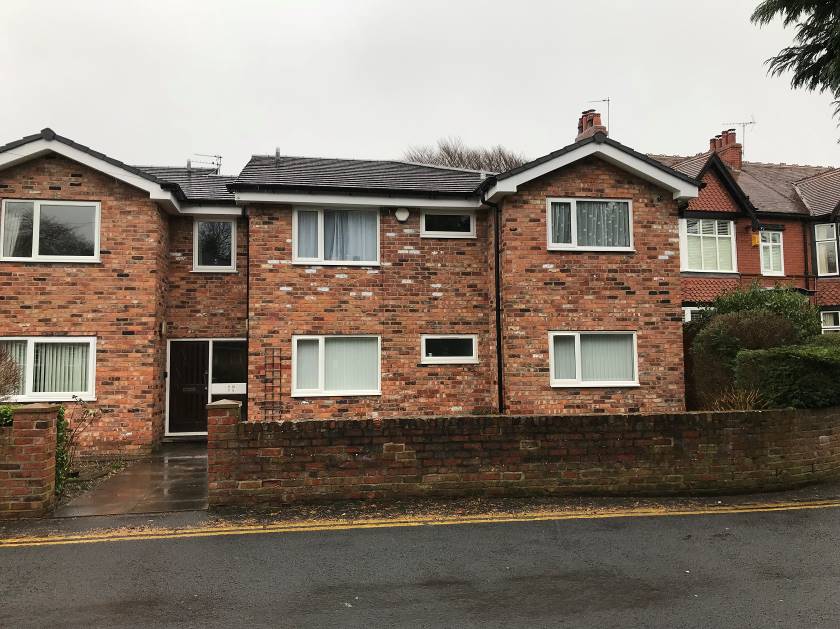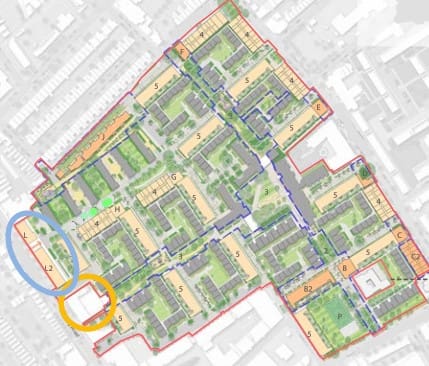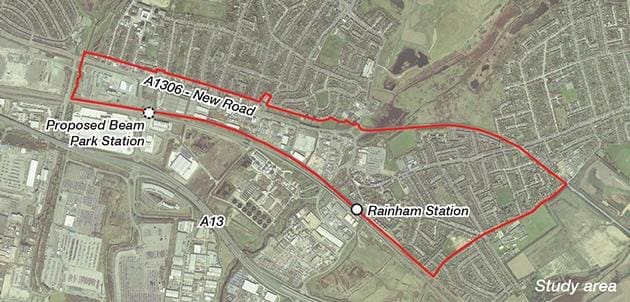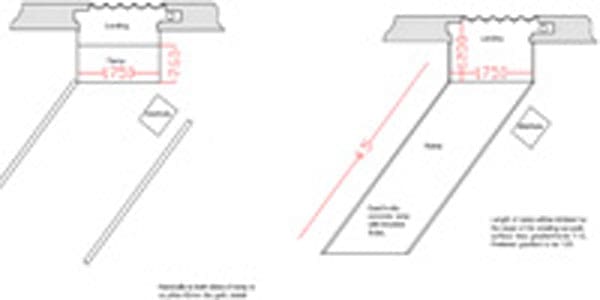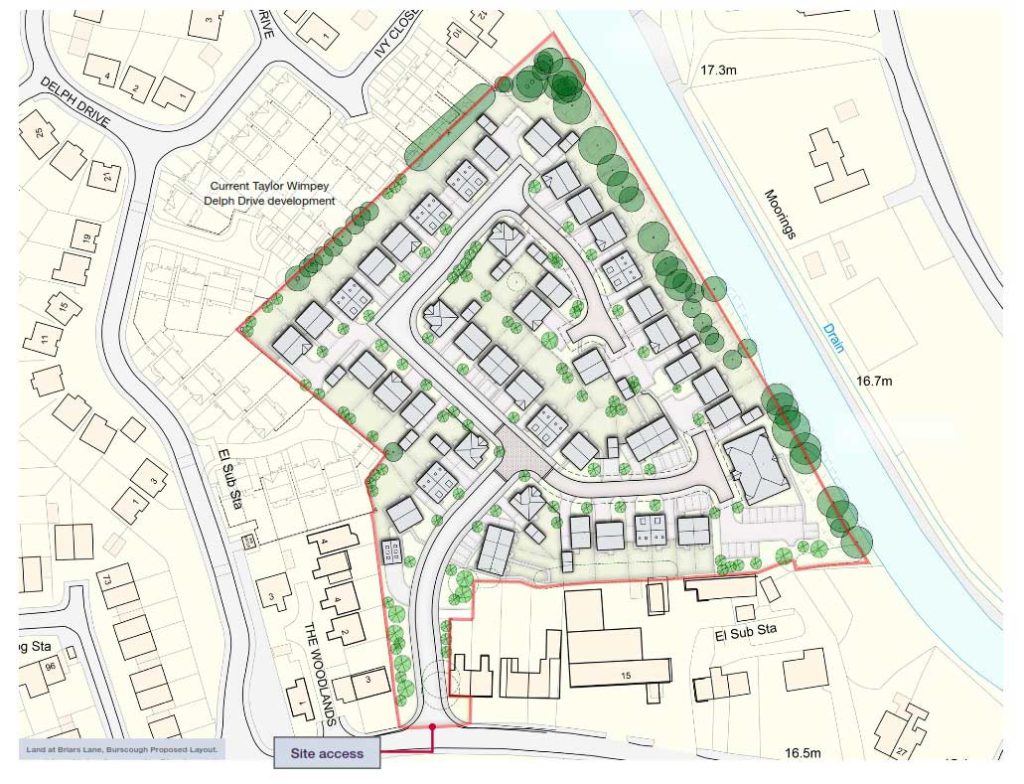What a difference a year makes
When Roger Hannah were appointed as managing agents of an industrial estate in Aintree it soon became apparent that relations between the previous owners and tenants had become strained. This was mainly down to lack of activity and communication on the site so when the new owners instructed us to manage the property, we introduced ourselves as the new point of contact on behalf of the landlord.
One year on, the Property Management Team at Roger Hannah have turned it around. During the last 12 months alone we have installed a new fire alarm system that means the estate now complies with all current Fire regulations; we have dealt with numerous roof repairs which were causing problems to a lot of occupiers on site which had been long standing issues; we have put in place a new parking management system on site to assist the many different types of occupier that the estate attracts.
-170801-094634.jpg)
Regular site visits means that communication is now greatly improved, leading to happier tenants. To assist our clients further, we are proactively dealing with lease renewals in order to assist them in maximising and protecting their investment, whilst at the same time being in a better position to maintain the onsite standards that tenants would expect.
John Somerville, Director of Property Management commented:
“We are continuing to work with both the owners and occupiers of the estate and are making improvements to the site that benefits all concerned. As a Property Management Company we have always believed in good communication between Landlord and Tenants which in turn leads to longer relationships, more stability and better returns for our client’s investments.”
If you need to discuss a single property or your portfolio requirements, feel free to contact us and lets arrange a coffee together.






